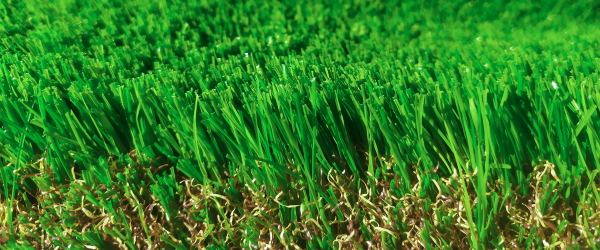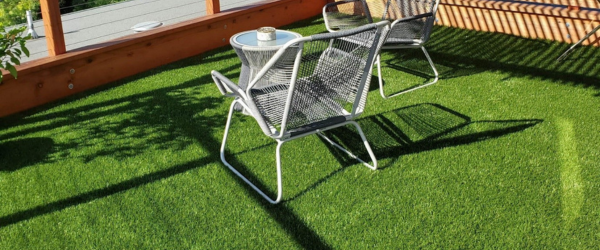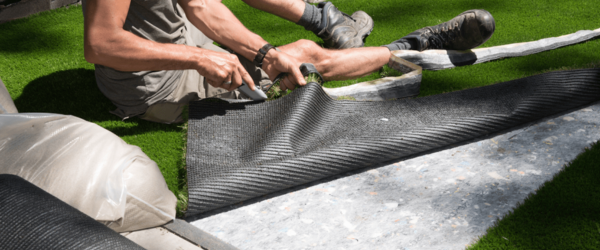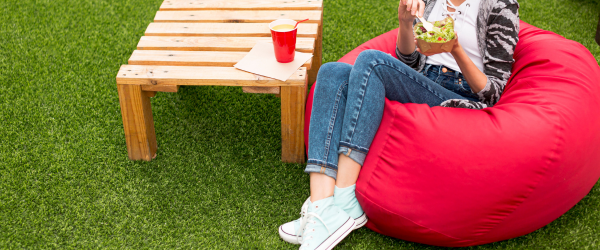- Artificial Turf Features
- 1 likes
- 711 views
- 0 comments
Artificial grass has become a popular option for gardens, recreational areas, and sports spaces due to its durability and low maintenance. However, one of the most frequently asked questions among potential buyers is about the warranty of artificial grass. In this blog post, we will explore the most important aspects of the artificial grass warranty, what to expect, and how to ensure you get the best value for your investment.
Warranty by years
The duration of the artificial grass warranty can vary significantly depending on the manufacturer and the quality of the product. Generally, warranties range from 5 to 15 years. They can also vary depending on whether the artificial grass is used for domestic or commercial purposes. Longer warranties are usually associated with high-quality products designed to withstand wear and tear, fading, and daily use.
Warranty for Solar Exposure (KLY)
The warranty is expressed in kilolux (KLY), a unit that measures the amount of ultraviolet (UV) light the grass can be exposed to without deteriorating. It is a lighting measure used to evaluate the resistance of artificial grass to fading caused by sun exposure. This means that the higher the KLY index, the greater the resistance to fading and wear from sunlight. This measure is fundamental to ensure the quality and durability of artificial grass in various environmental conditions.
Through exposure tests to specific levels of Kilolux, artificial grass is designed to withstand prolonged UV ray exposure without losing its vibrant color. This ensures that the grass maintains its appearance for many years. The KLY warranty based on Kilolux typically offers extensive duration. This broad coverage reflects the manufacturer's confidence in the resistance of artificial grass to fading and other wear factors.
Our Premium Artificial Turf
Keep reading

Height or Thickness of Artificial Grass: How to Choose
Choosing the right height or thickness of artificial grass depends on various factors such as its intended use, budget, and personal preferences. There is no single correct thickness, and the best option will depend on the specific needs of each case.
Read more









Comments (0)